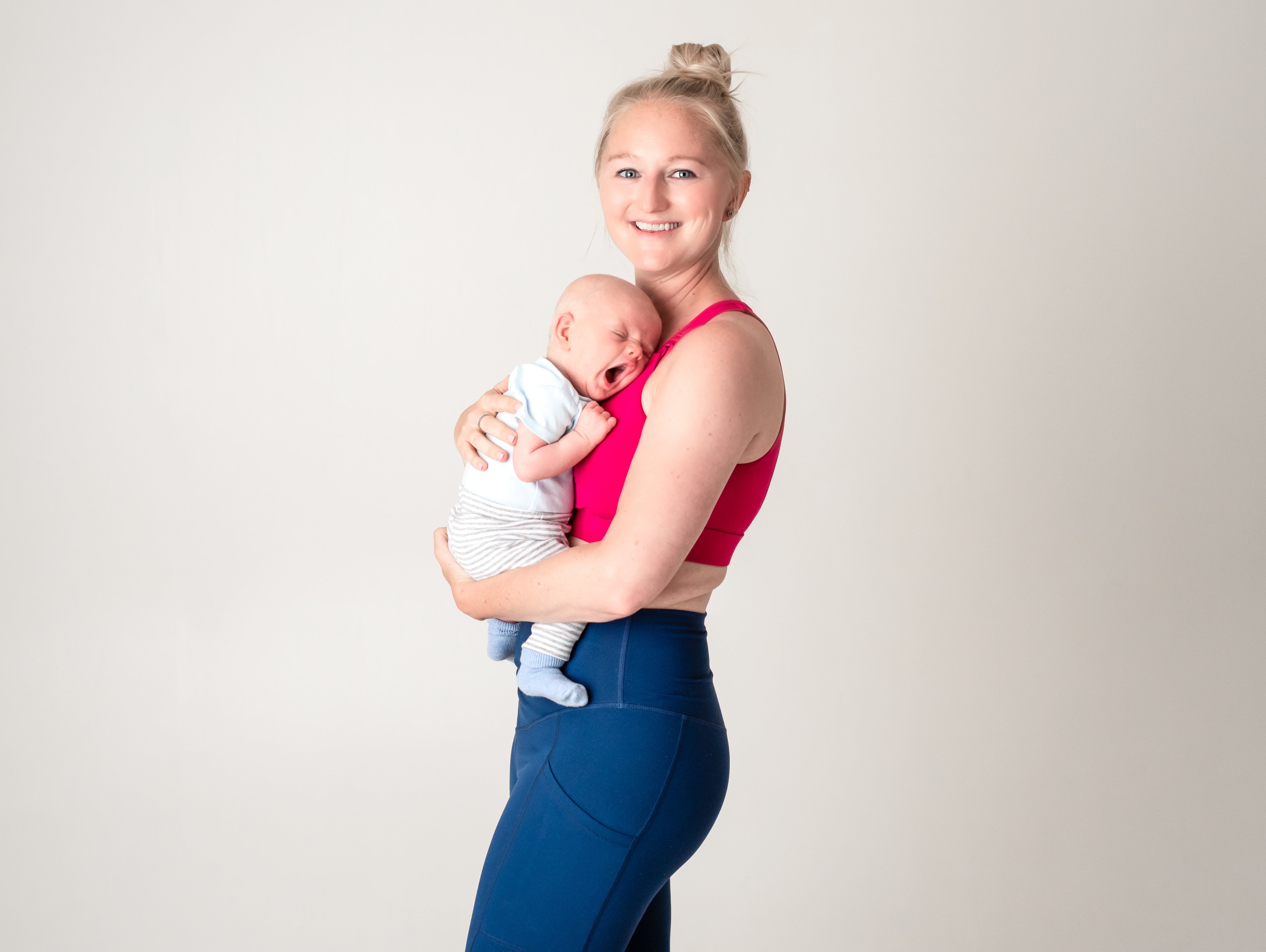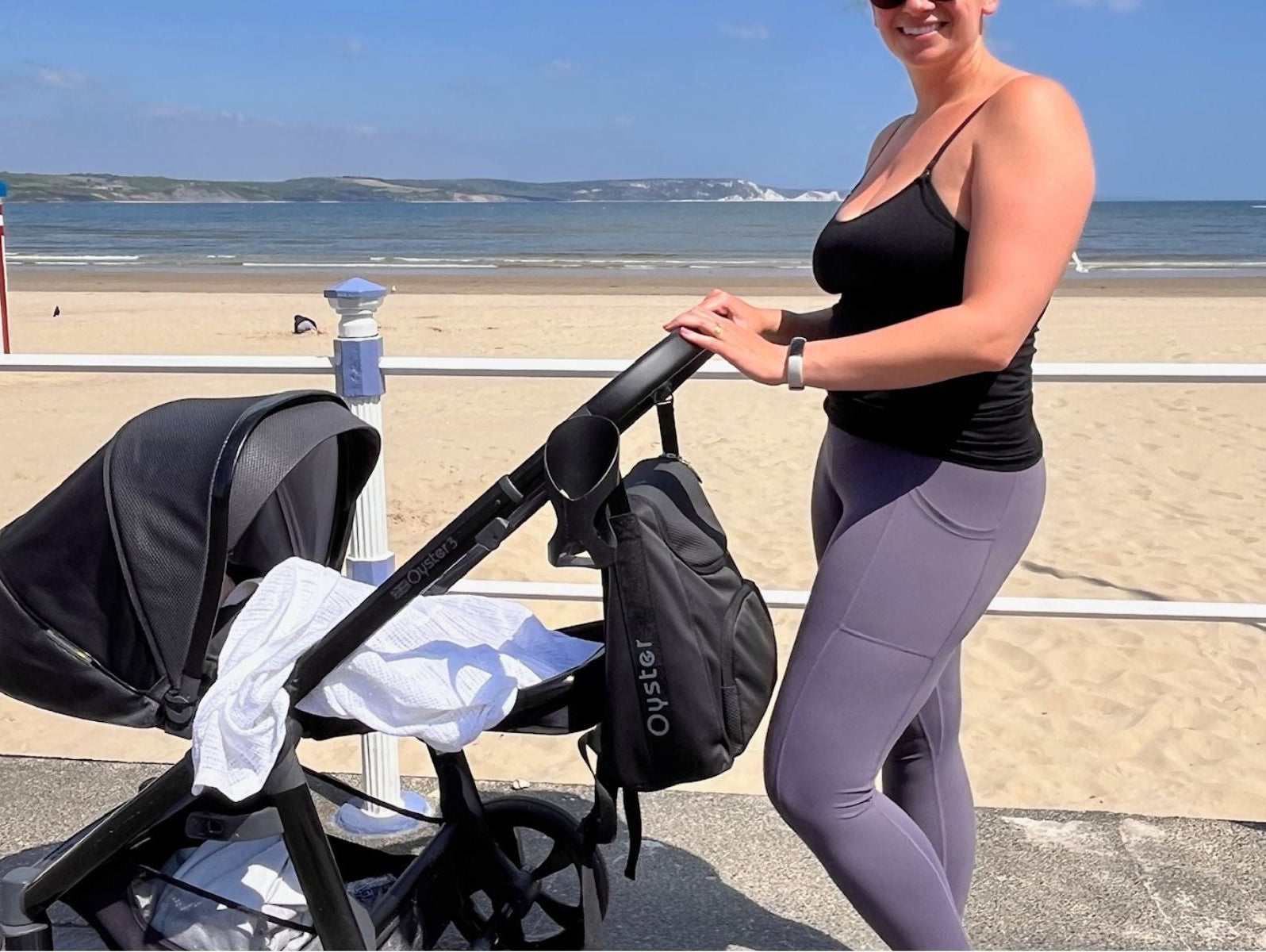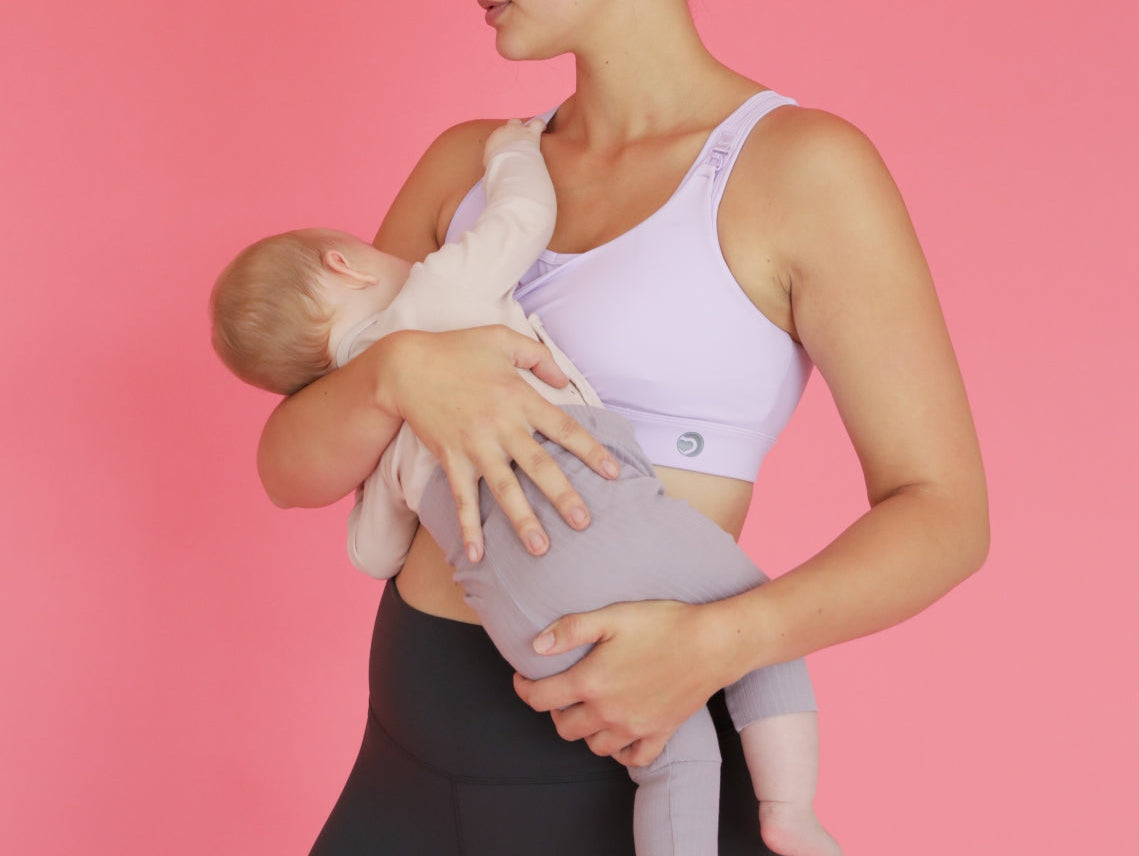Pregnant mums are generally bombarded with do's and don'ts, not least around what they can and can't eat or drink in pregnancy. But do you know the actual foods to avoid when you are pregnant, and why?
You don’t need a masters degree in nutrition to understand that what you put into your body during pregnancy can affect your baby. But with a whole stream of ‘dos’ and ‘don’ts’ when it comes to specific foods to avoid when you are pregnant – knowing what to eat and drink can sometimes be as stressful as the pregnancy itself.
With so much misinformation and ever-changing science and guidelines, even the experts can’t agree on which foods to cut, limit or eat, says nutritionist Clarissa Lenherr.
“When a woman is pregnant, her immune system changes and is sometimes less able to fight off harmful bacteria, which can put her and the baby at an increased risk to foodborne illnesses,” she explains.
So what should you eat? And what food should you avoid when you are pregnant?
Cook or skip meats
Meat is a good source of protein, vitamins and zinc, so as long as meat is cooked well, you don’t have to cut from your diet completely. Avoid raw or undercooked meats to decrease the risk of Salmonella or Toxoplasmosis.
“You can safely eat chicken, pork and beef if it is very well done and there are no traces of any blood or pink flesh,” says Lenherr. “Meat isn't a food to avoid when you are pregnant. But avoid all uncooked or undercooked meats, cured meats, game, liver and make sure when cooking sausages or burgers that you check that they have been cooked through.”
Raw fish
Fish is packed with protein, essential vitamins and minerals and omega-3 fatty acids, which is beneficial for both mum and baby. But that doesn’t make fish an all-you-can-eat food when you’re pregnant.
“With fish – eat fish and shellfish that are cooked well and aim for one to two portions of oily fish per week, such as salmon and trout. Avoid eating raw fish,” advises Lenherr.
“Also avoid fish that may contain high levels of mercury – such as swordfish, shark and king mackerel – and keep tuna to one portion per week, due to mercury content.”
Abstain from alcohol
The Chief Medical Officers for the UK currently advise women not to drink any alcohol at any point during pregnancy, to keep risks to the baby to a minimum. A 2020 study on ‘Evidence of detrimental effects of prenatal alcohol exposure on offspring birthweight and neurodevelopment’ showed that there was some evidence of a higher risk of lower brain function for babies exposed to alcohol.
High intakes of alcohol have also been linked to causing miscarriage or foetal abnormalities, such as foetal alcohol syndrome (FAS). If you choose to drink alcohol, have no more than one or two units of alcohol once or twice a week – one unit is equivalent to half a pint of lager or a small glass of wine.
“Whilst there may be some studies suggesting one drink is safe, I personally would advise against drinking alcohol during pregnancy altogether as there is no confirmed or known safe limit with alcohol consumption,” adds Lenherr.
Stick to one cup of coffee
Decades of research has linked consumption of coffee and other sources of caffeine to increased risks for miscarriage and low birth weight babies. One mug of filter coffee is 140mg of caffeine, so try to stick to one cup – or switch to decaf.
“Consuming too much caffeine has been linked to an increased risk in miscarriage,” says Lenherr. “The recommended maximum intake of caffeine when pregnant is 200mg caffeine per day – which is about two cups of instant coffee or three cups of tea. Remember caffeine is also found in green tea, fizzy drinks such as cola and even dark chocolate! Veer on the side of caution and try to stick away from caffeine as much as possible.”
Be choosy with your cheese
Brie, Camembert, soft goats’ cheese and blue-veined cheeses are out. Cheddar cheese, feta, Edam, goats’ cheese, Parmesan can stay.
“It is safe to eat hard cheeses during pregnancy, such as cheddar and parmesan, but avoid cheese that has mould, blue cheeses such as gorgonzola, or soft cheeses such as brie. Also avoid consuming any unpasteurised foods, such as milk,” says Lenherr.
Check your eggs are stamped
“Women were told to avoid any undercooked eggs due to the risk of salmonella, but guidance has now changed in the UK in that if the eggs are Red Lion logo stamped then they are safe raw or cooked,” says Lenherr.
“Pregnant women should still avoid raw or partially cooked eggs that are not Red Lion stamped, of course – so if you’re eating out or ordering in, be cautious and ask or avoid. Additionally, try to avoid any foods that contain undercooked eggs such as mayonnaise, soufflés and mousse if not from Red Lion stamped eggs.”
When to worry
So you’ve accidentally eaten something on the “do not eat” list? Or before you knew you were pregnant you may have had one too many negorinis?
“If you have had a small amount then try not to worry, as the stress can make you feel worse. If you are concerned, chat to your midwife or GP,” says Lenherr.
If you have any concerns about your pregnancy in relation to food and drinks to avoid and limit, please ensure you get advice from your doctor or midwife.




